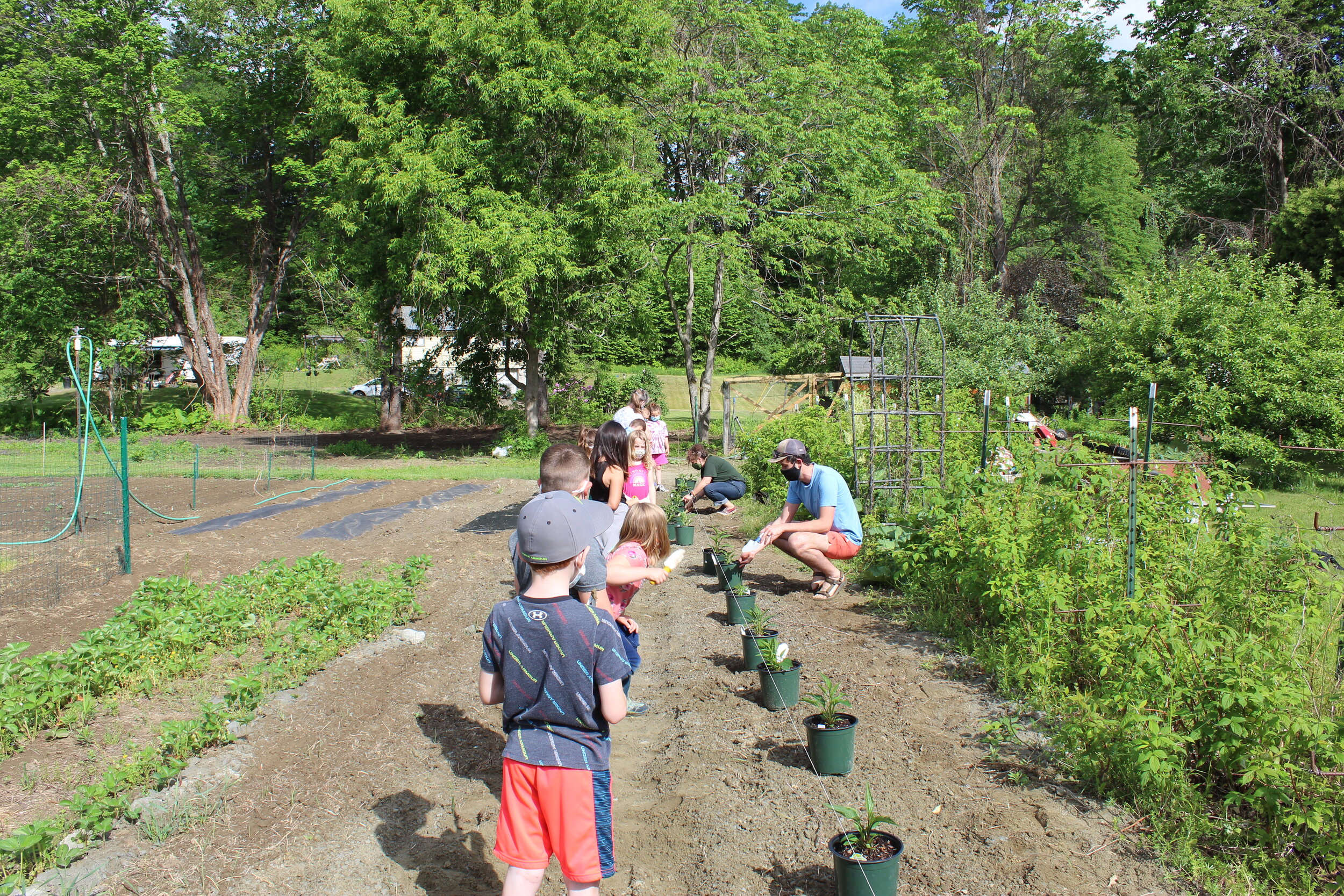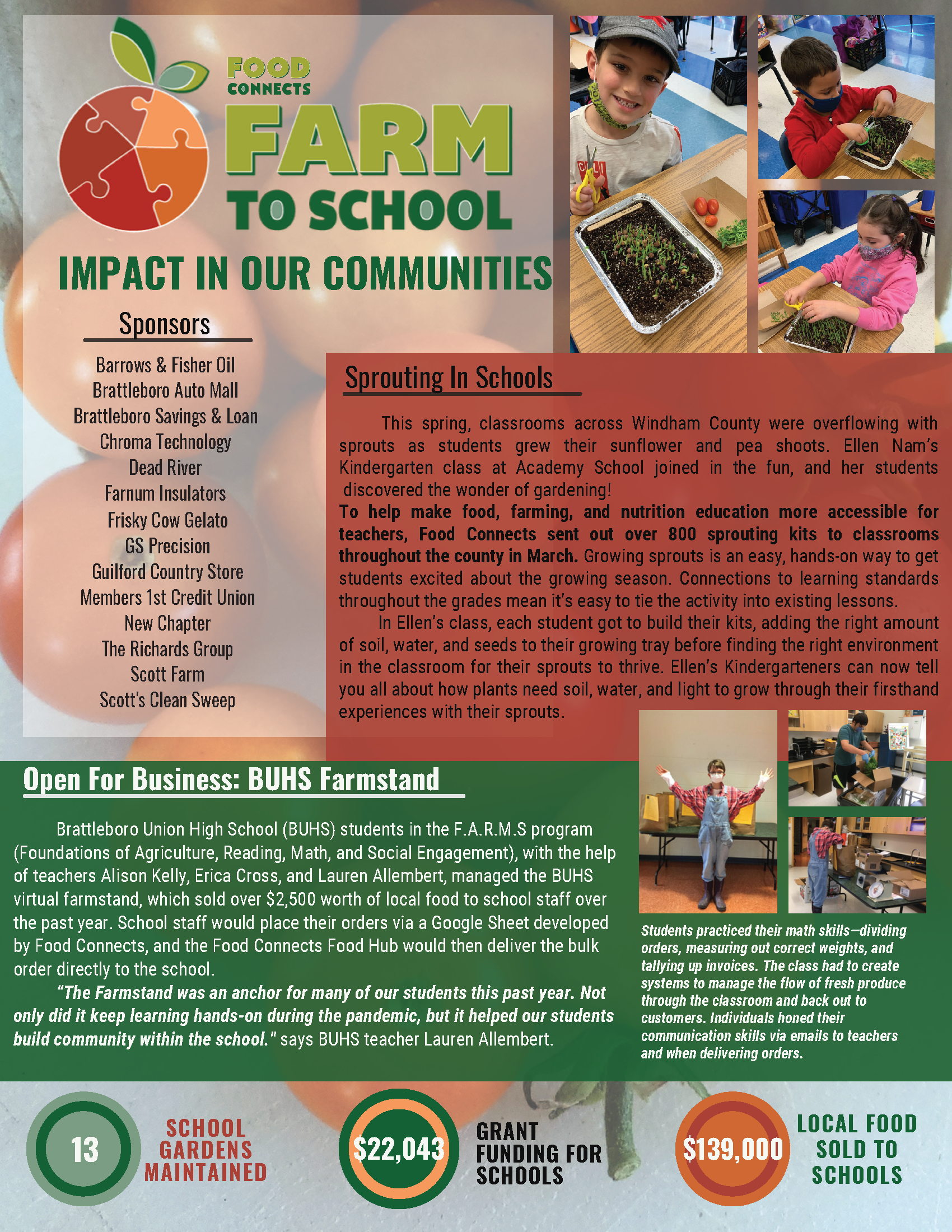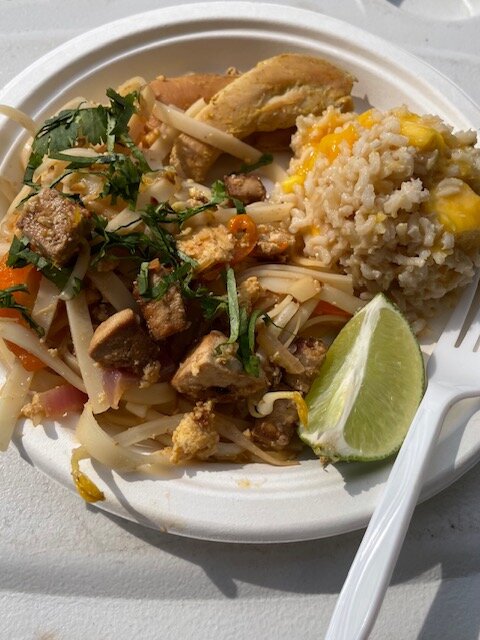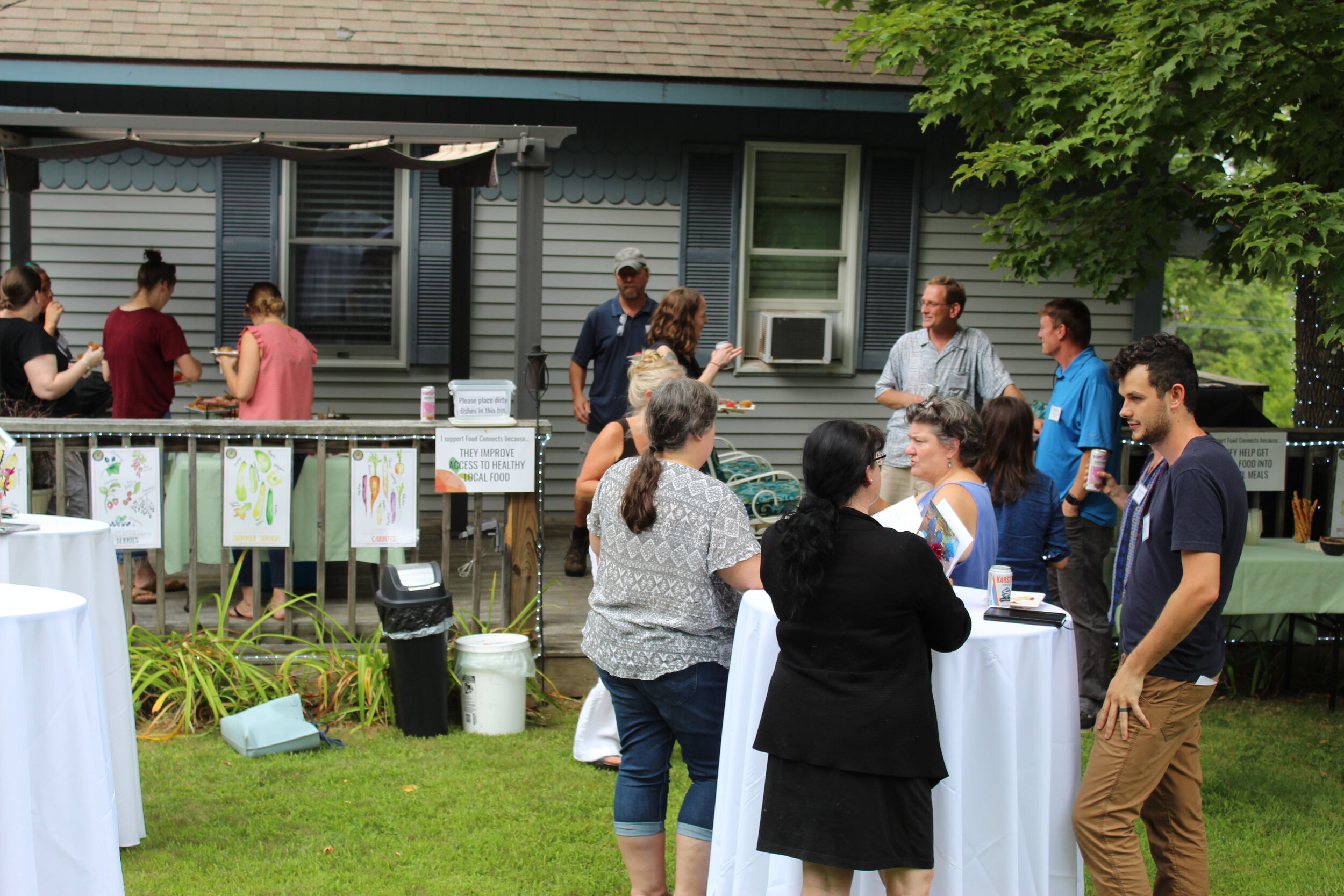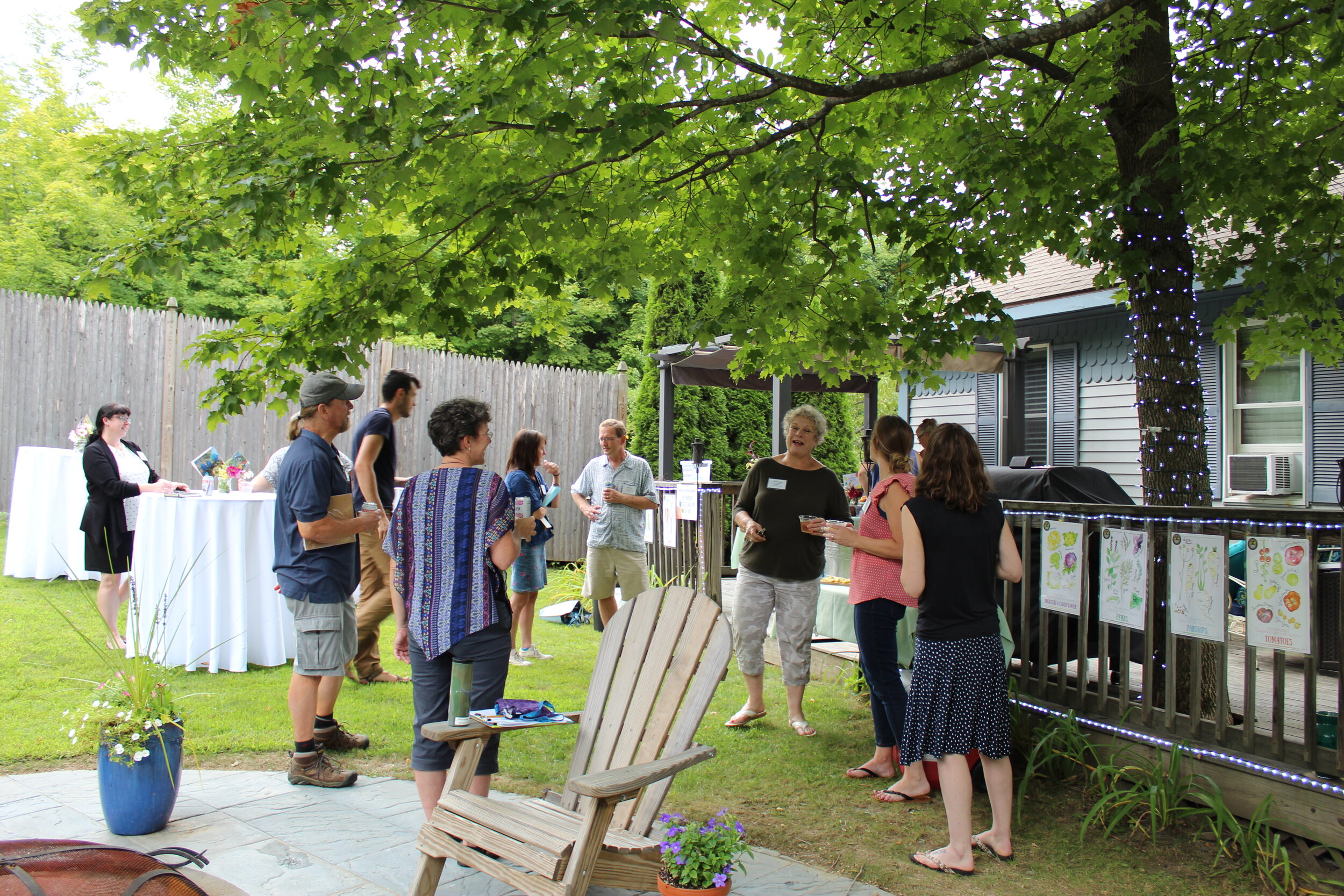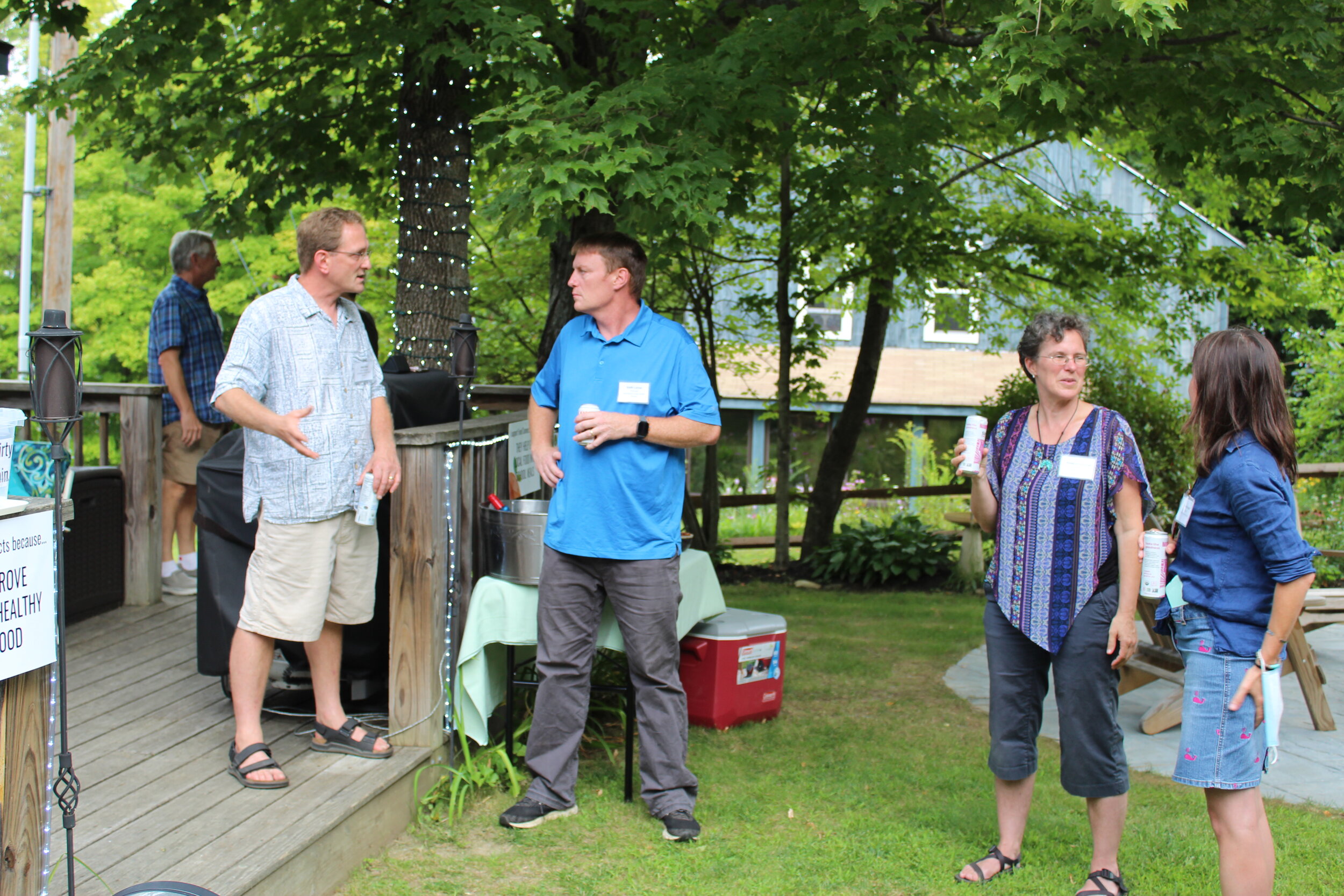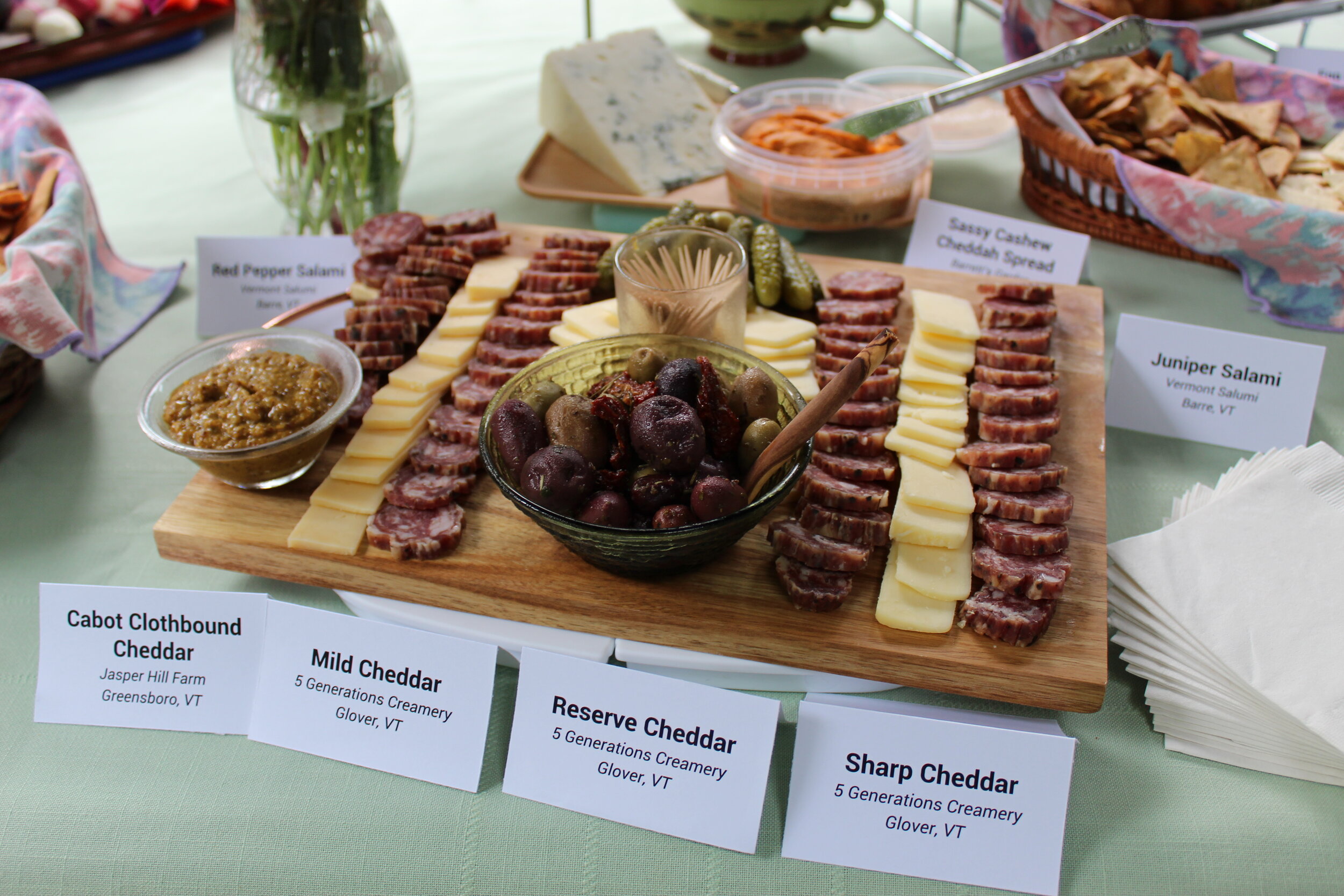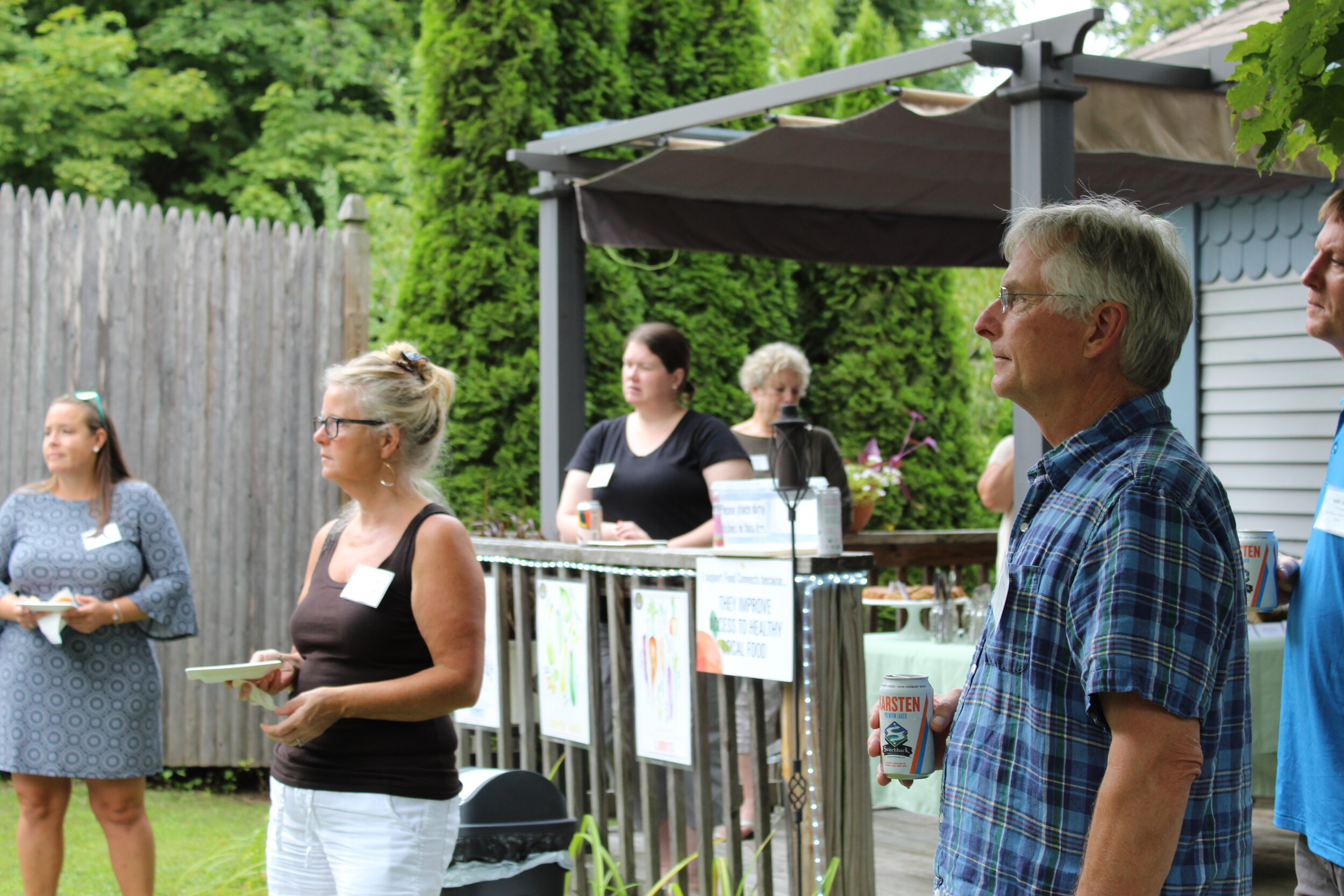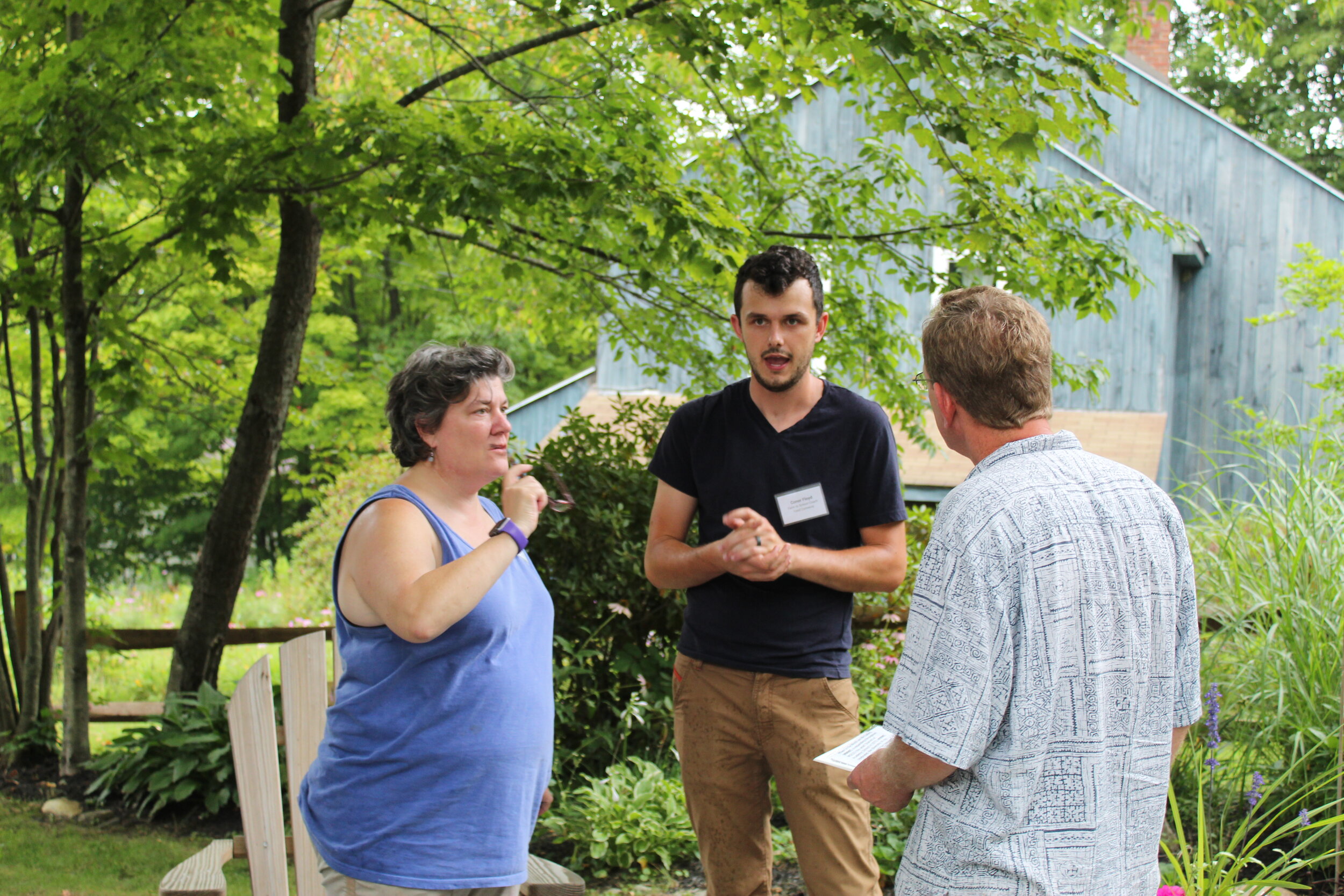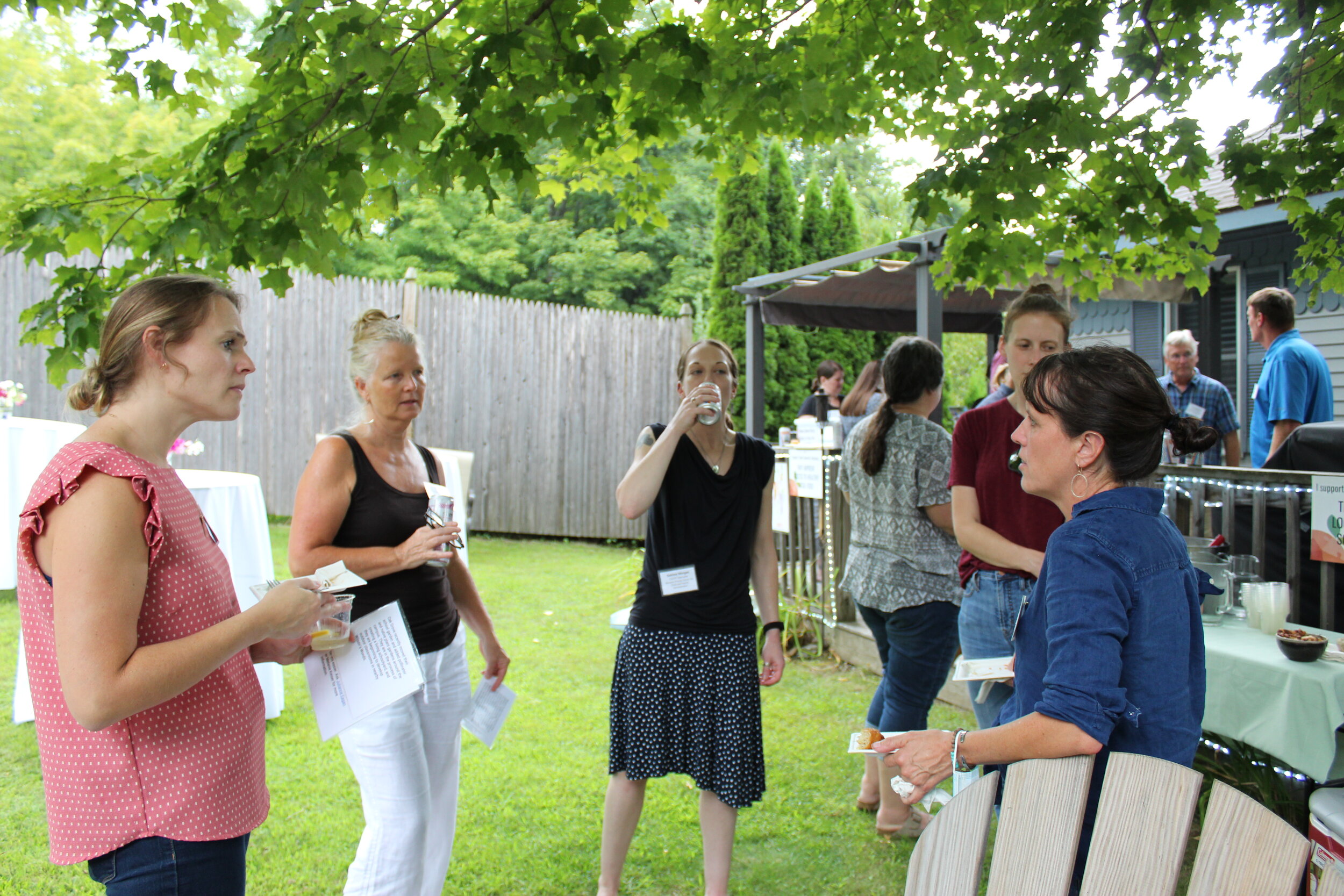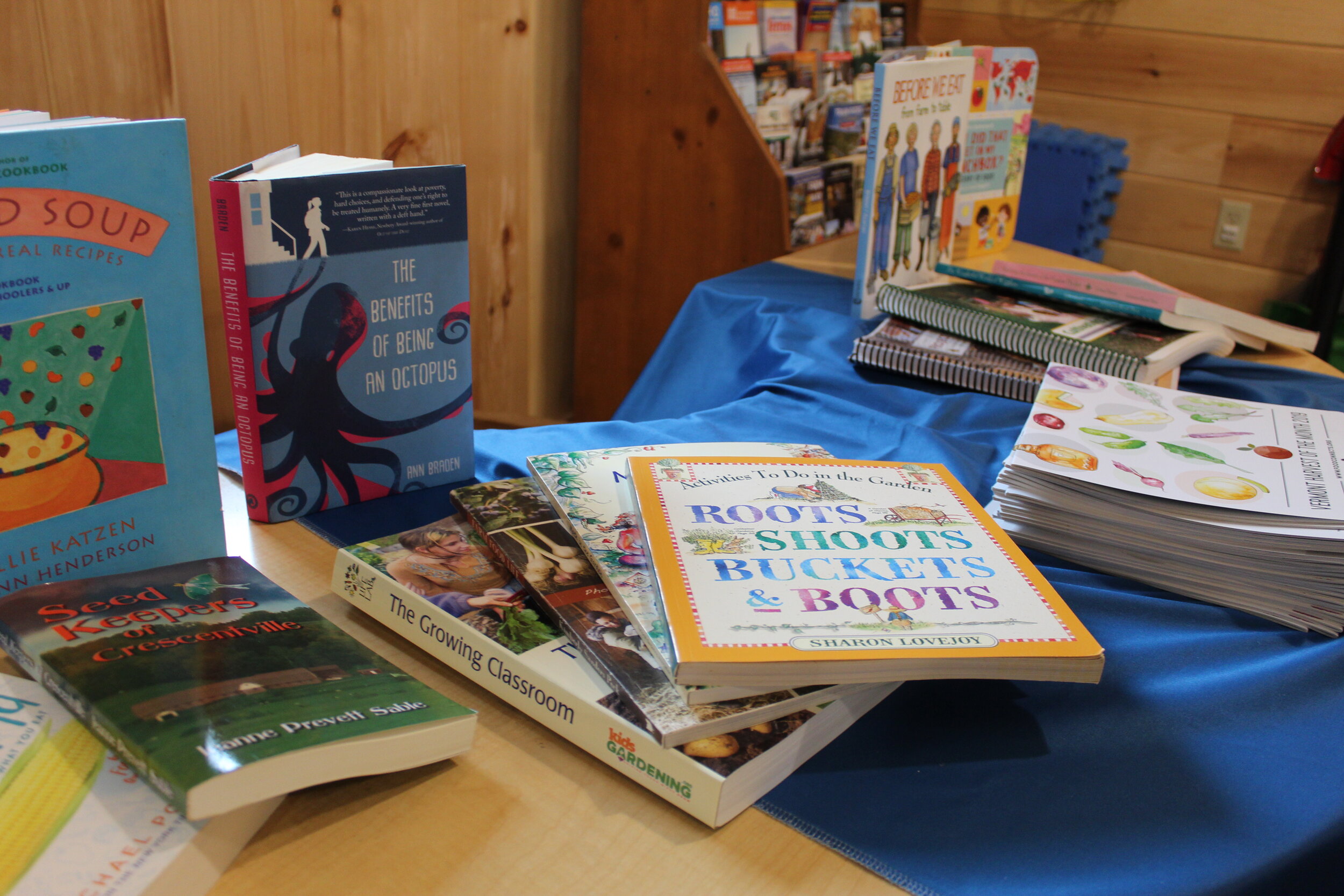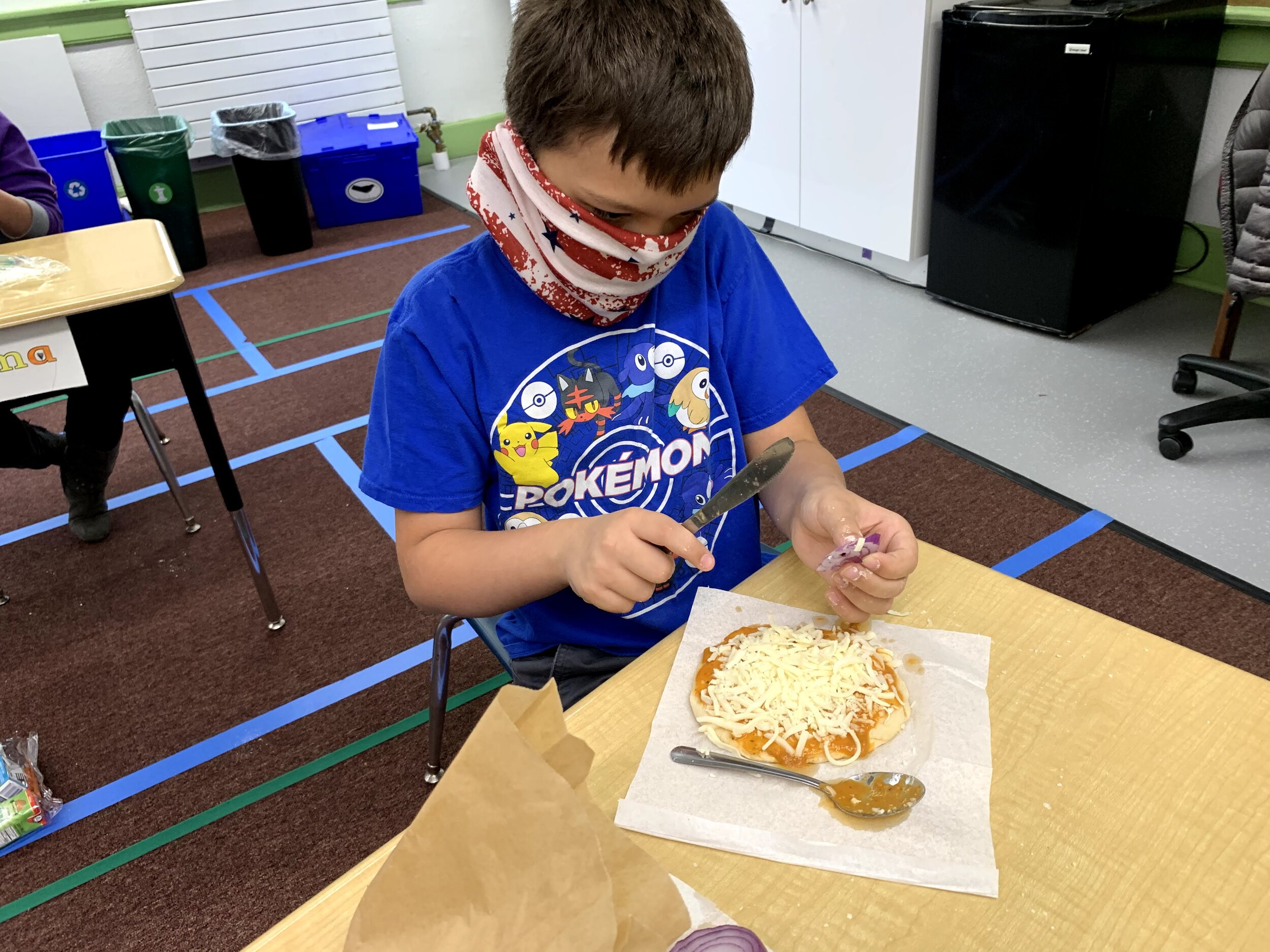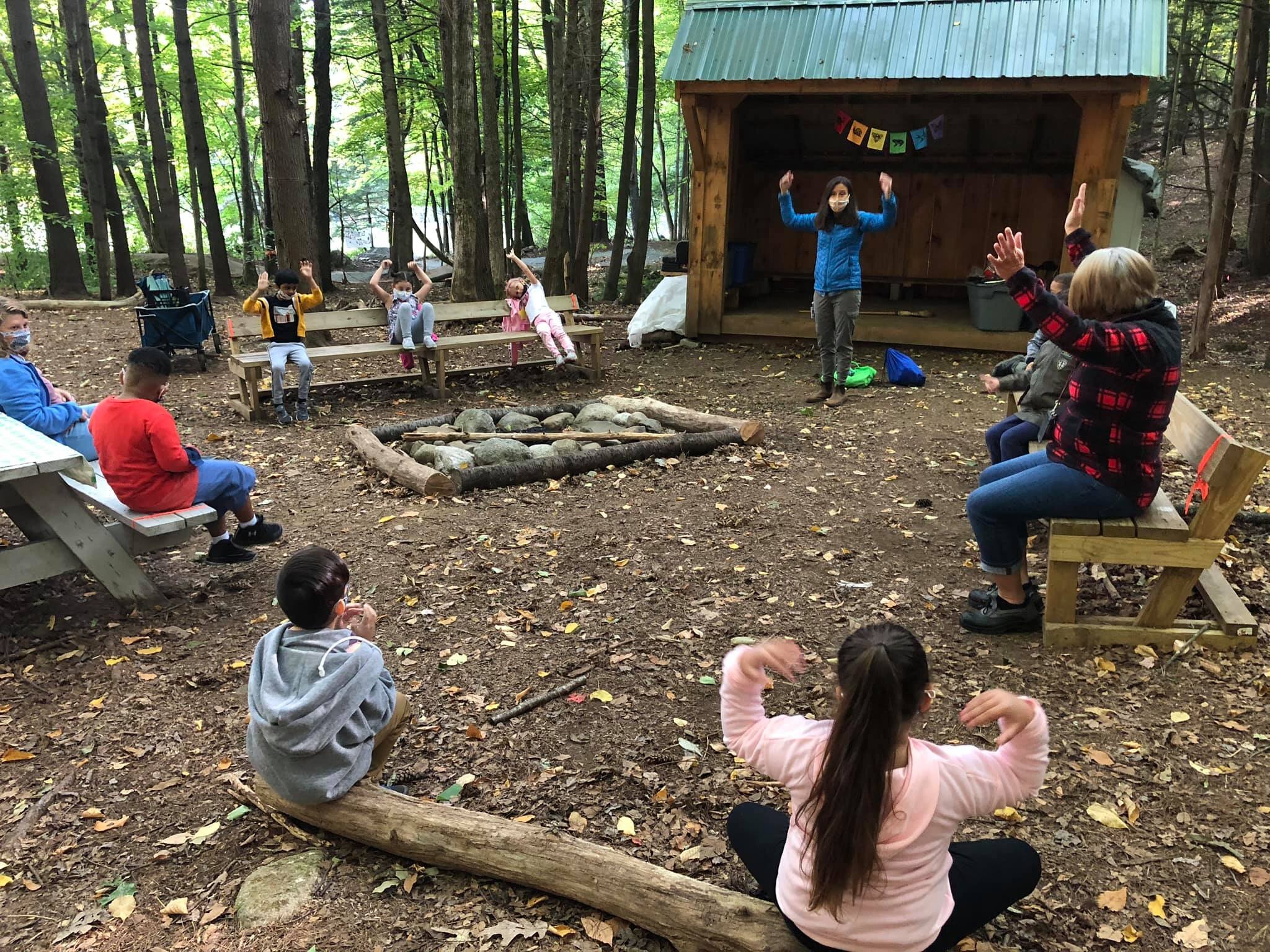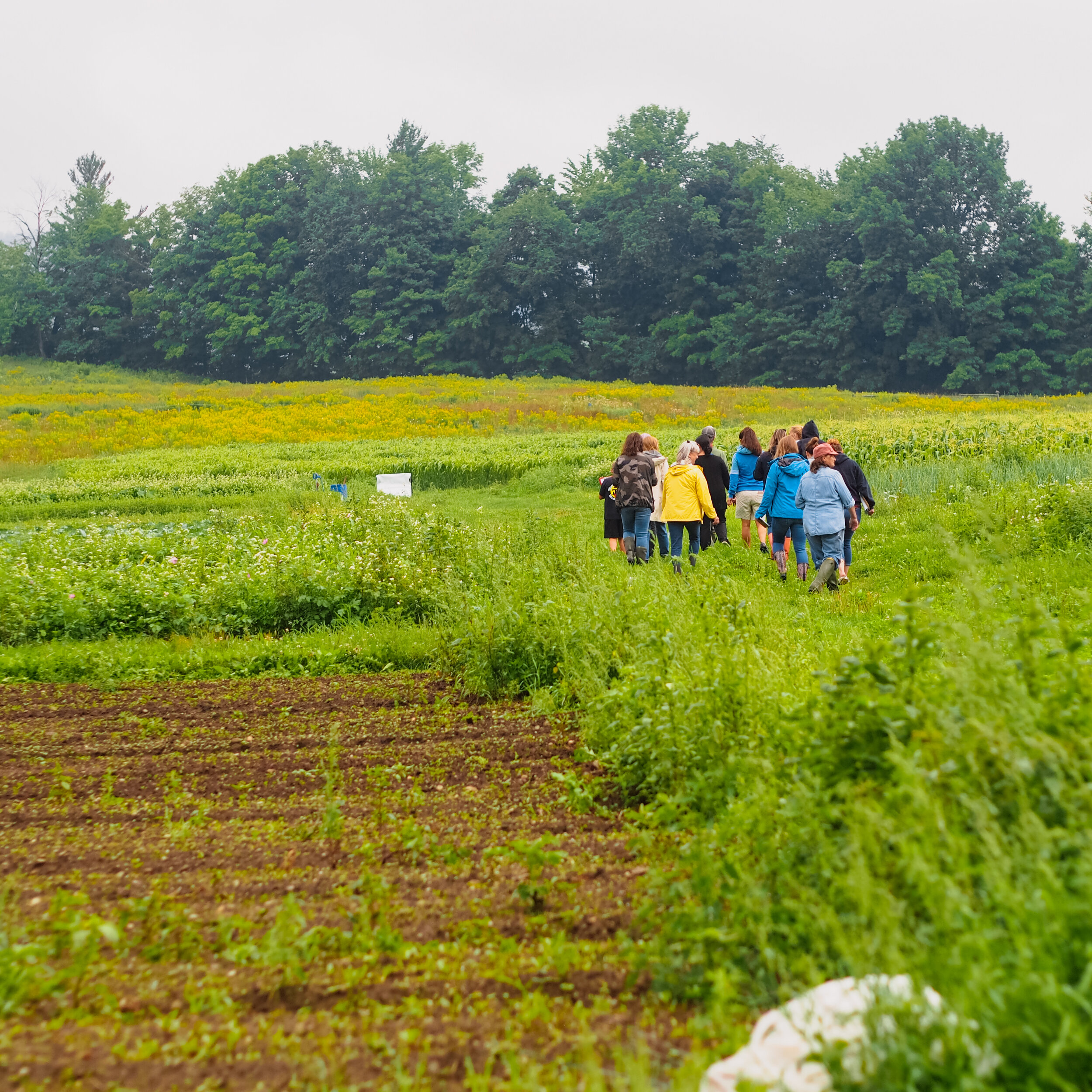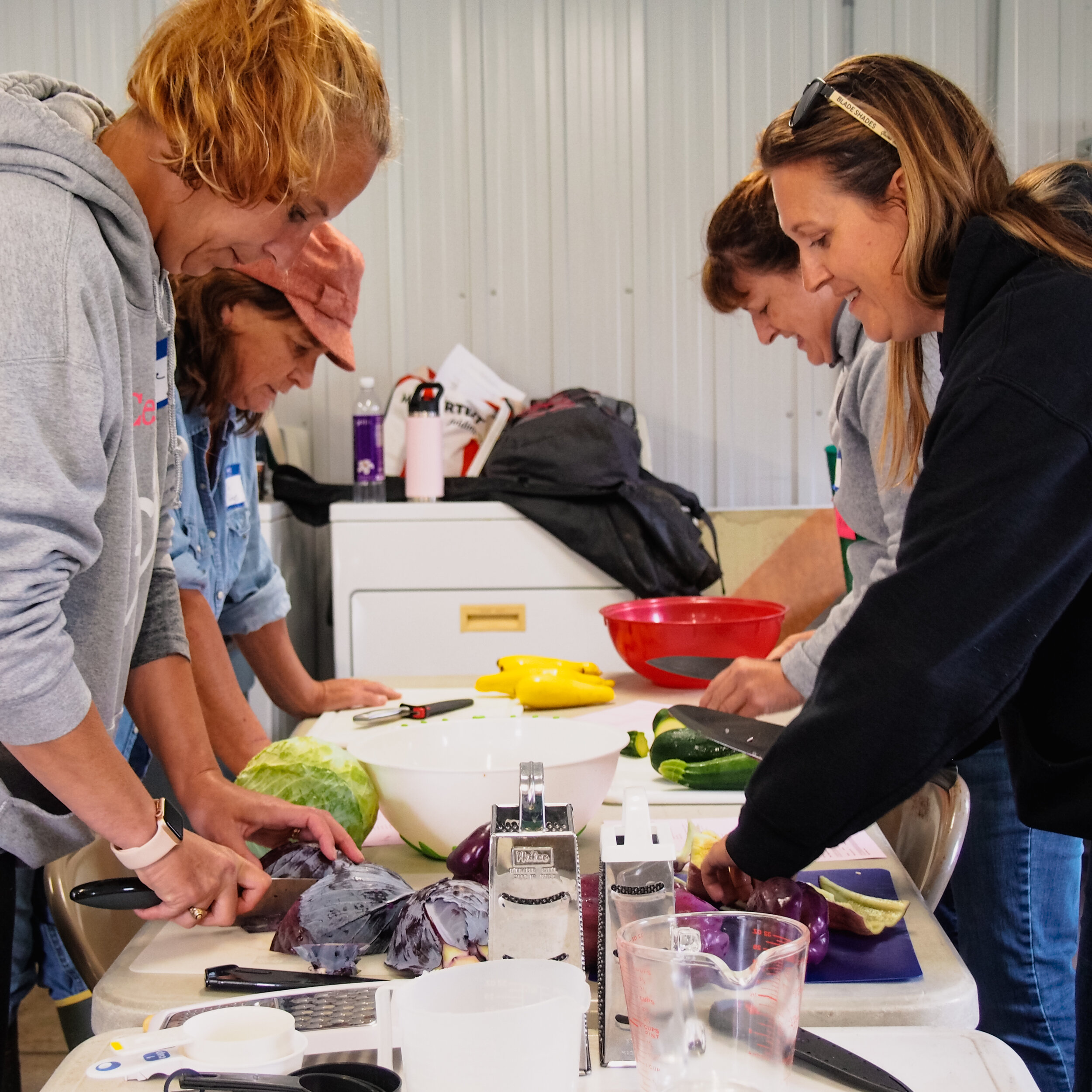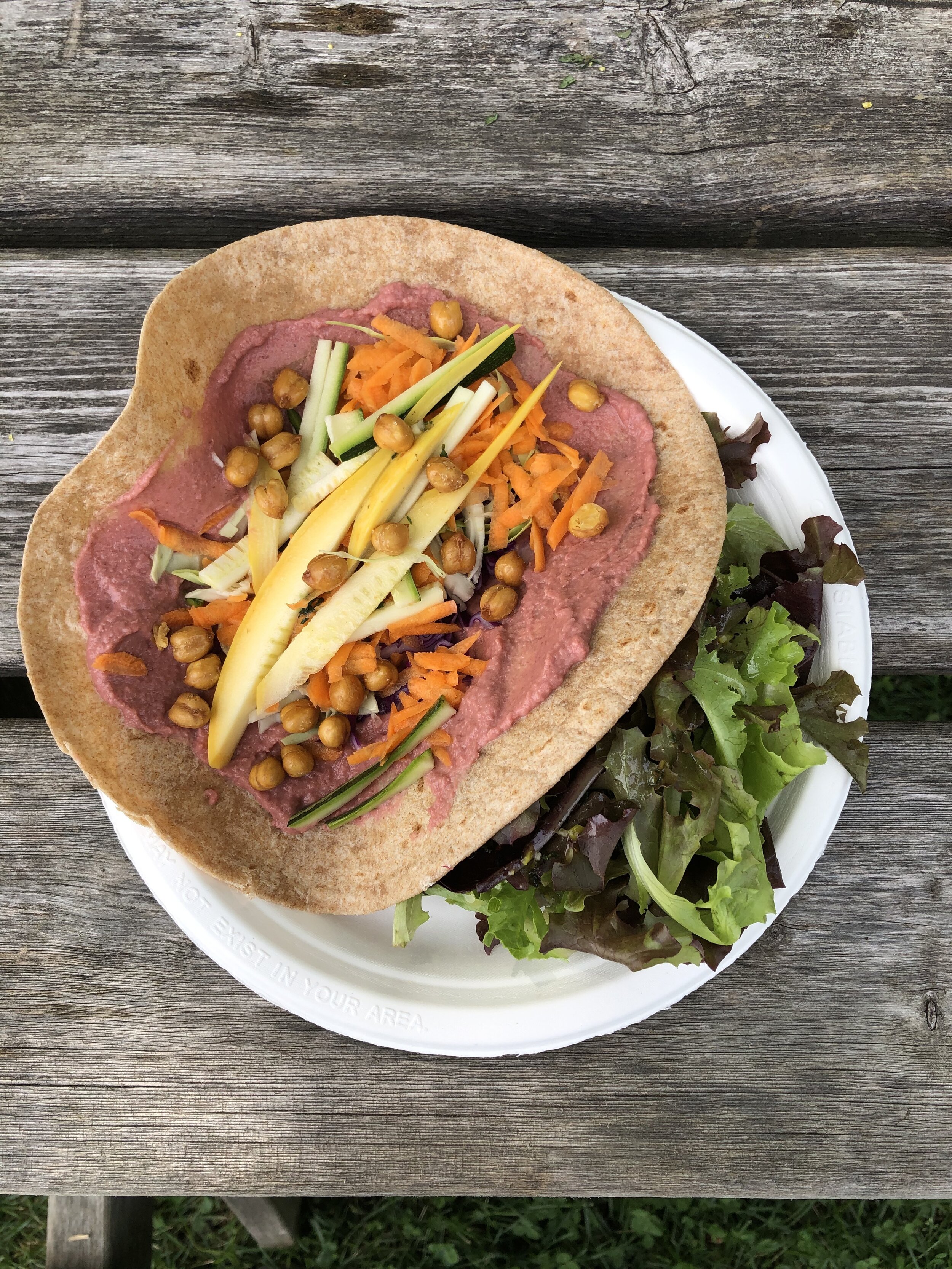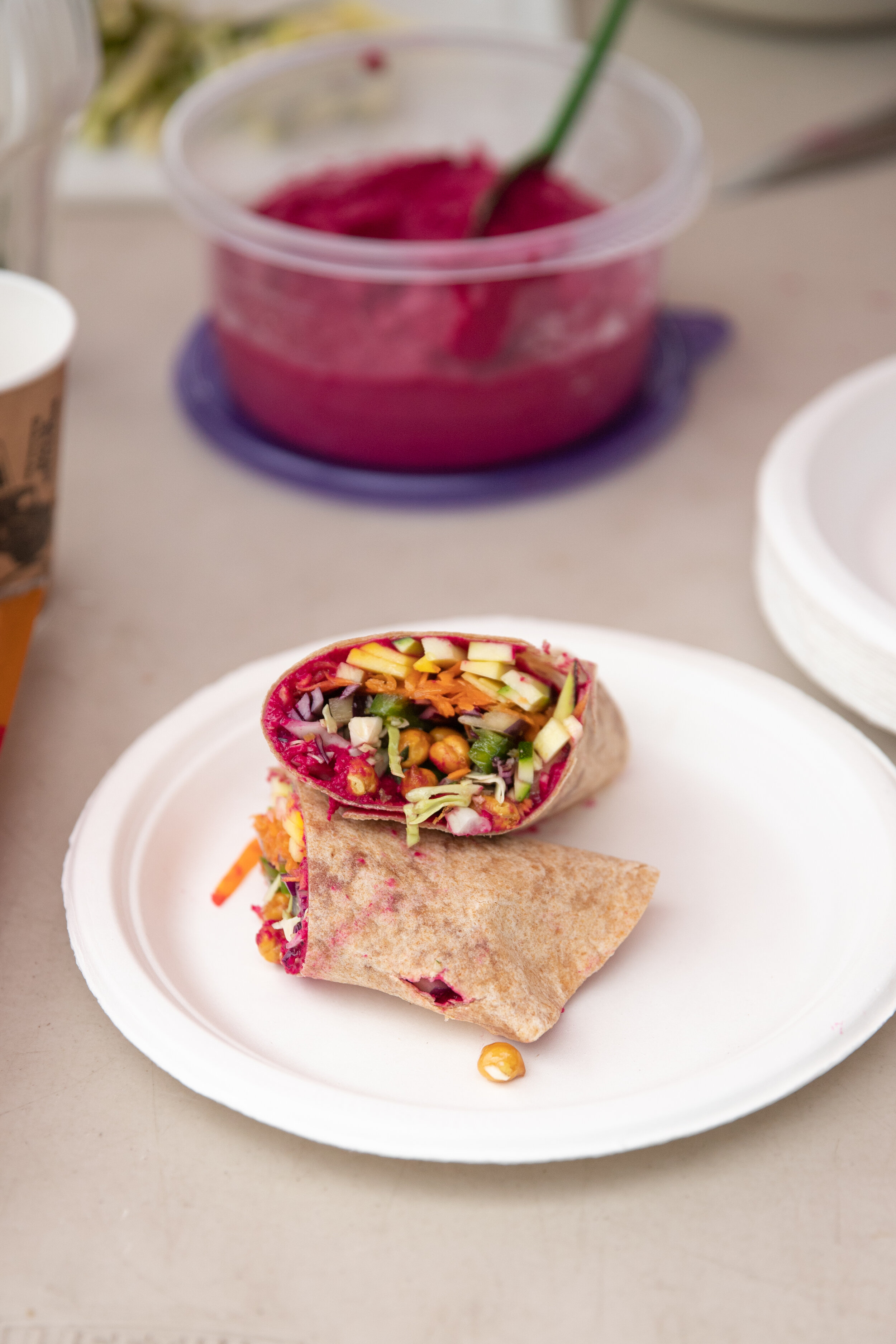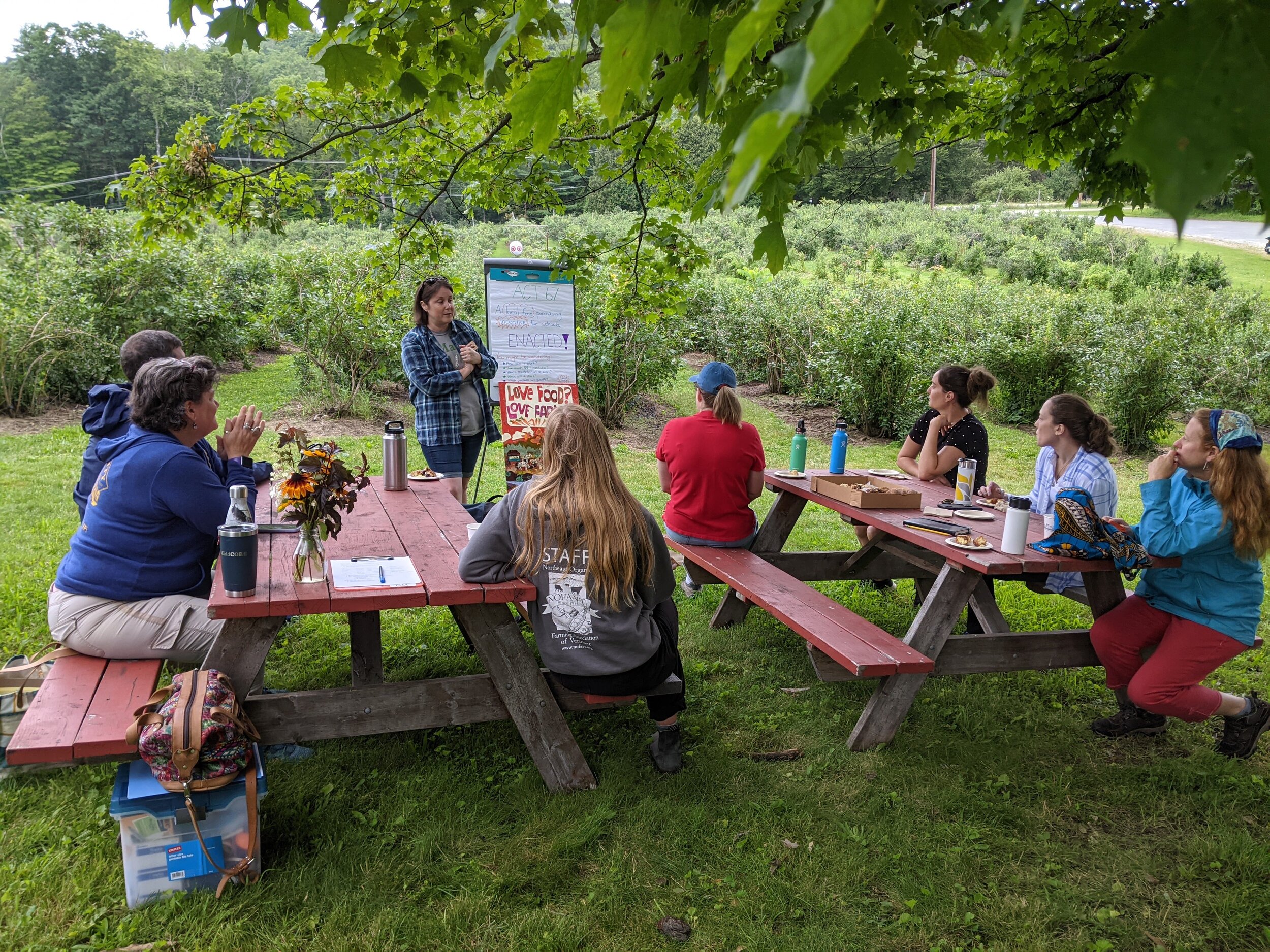Chroma Technology Supports Growth of Farm to School in the WNESU
Chroma Technology is growing Farm to School programs across the Windham Northeast Supervisory Union (WNESU) this school year by being the lead Farm to School donor for Food Connects, a Brattleboro-based non-profit serving schools in Windham County.
The Food Connects Farm to School program focuses on the “Three C’s” of Farm to School—classrooms, cafeterias, and communities. The generosity of Chroma Technology allows Food Connects to continue and strengthen its work in the WNESU. “We are incredibly grateful for the support that Chroma Technology is providing us this year,” says Sheila Humphreys, Food Connects Farm to School Coach. “Their dedication to Farm to School initiatives in our community ensures that more students can access locally grown food and can experience engaging Farm to School curriculum.”
“One of Chroma's core values is to be an active and caring member of our community,” says Newell Lessell, CEO of Chroma Technology. “Chroma supports Food Connects’s Farm to School program because helping develop healthy eating habits through education and access to nutritious, locally farmed food is good for children’s health, supports Vermont farmers, and builds healthy communities.”
So how do these funds impact schools and, more importantly, the students in the WNESU?
School Food
Bellows Falls Union High School students, and other students throughout the district, saw lots of local food throughout the summer through the Farm to School Cafe’s summer meal box initiative. This program provided students and their families with fresh, nutritious food throughout the summer, regardless of their financial circumstances. As part of Vermont Act 67 and the local food purchasing incentive, students will begin to see more local food on their trays this school year. The Food Connects Farm to School team is working hard to help school nutrition programs navigate this new incentive, in conjunction with offering Vermont grown and made foods through its Food Hub.
School Gardens
School gardens are an essential tool for hands-on and outdoor learning. Westminster Center School is a shining example of how school gardens can be done right. In May, the entire school participated in their Garden Day—a day where students plant seeds and seedlings in the school garden. As students harvest the final fruits of their labor, the garden continues to see an increase in infrastructure. Most notably, a frost-proof water spigot, a chicken coop, a small outdoor prep station, fire pits for outdoor cooking this winter, and blueberry bushes. Food Connects provided the school grant support, marketing materials, and hands-on support in the garden—and looks forward to supporting future garden projects, including the annual Farm and Field day later this month.
Farm to School Teams
Food Connects works with Farm to School teams throughout the region. This task is essential to help develop, guide, and implement Farm to School action plans, provide curriculum and grants support, and create materials and marketing for these programs. Central Elementary School formed a new Farm to School team this year that is participating in the Northeast Farm to School Institute. This school year, the school plans to expand its gardening and do more hands-on cooking in the classrooms, including monthly taste tests organized by the 2nd grade. Food Connects looks forward to working with Central’s Farm to School team to help bring in best practices for gardening and cooking with kids.
Grafton Elementary School is also deepening its Farm to School programming this year, with plans to add new grow labs, a hydroponic fish tank, and cooking tools, including a new oven to make it easier to teach cooking to students. Food Connects will continue to support these new initiatives through coaching and curriculum resources.




